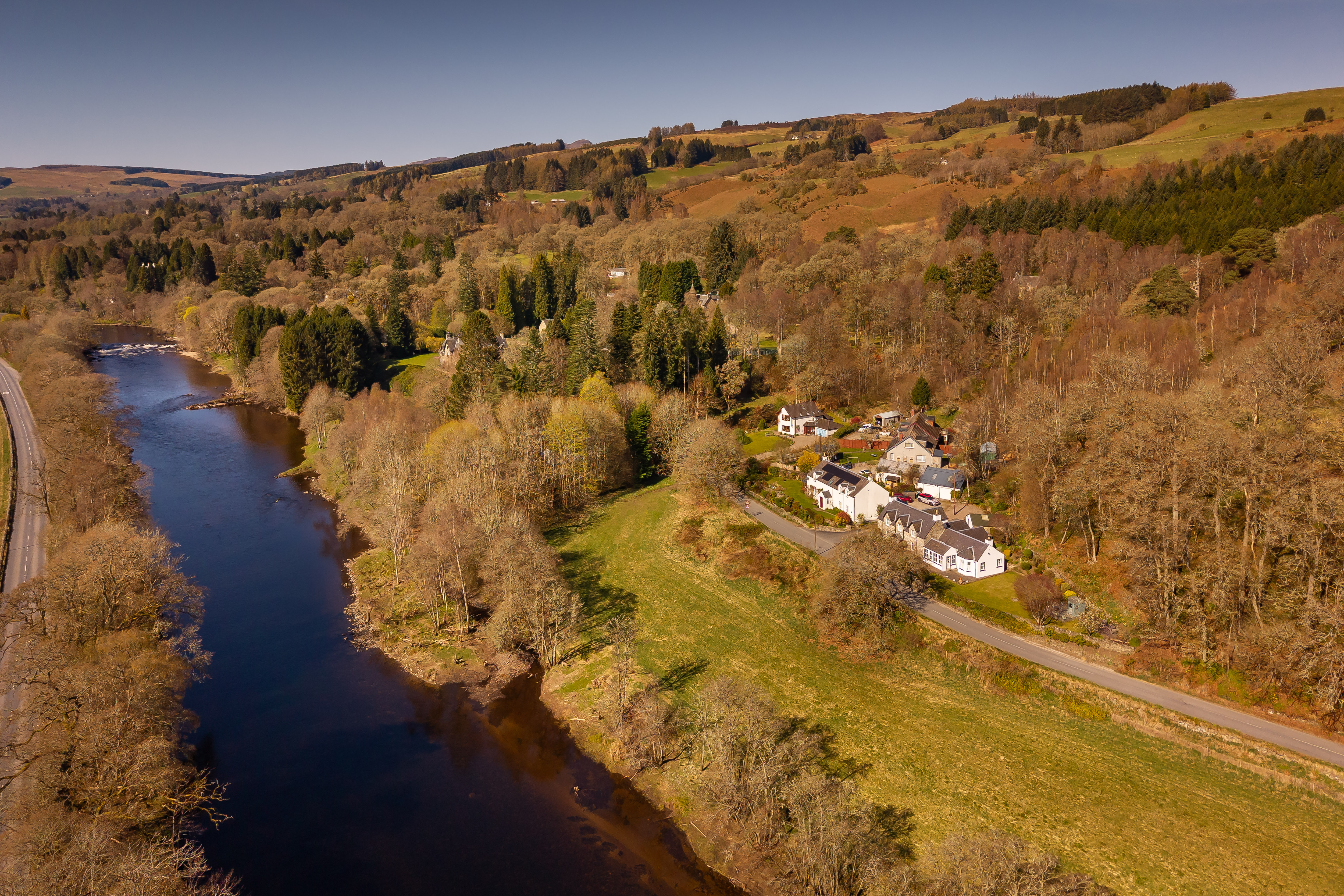Carla Carlisle on a difficult renewal of faith
Carla celebrates a Dean who brought new life to St Edmundsbury was but prematurely taken away by illness


A warm autumn evening. Ordinarily, we can smell the sweet-and-sour fumes of the sugar-beet factory this time of the year. Not tonight. It is so dry in this part of Suffolk that farmers can't lift the beet from the fields. So the air is pure on this balmy night in Bury St Edmunds as we walk towards the cathedral. It's an unusual hour for a service. It's an unusual service. A Service of Celebration of the Ministry of Neil Collings as Dean of St Edmundsbury.
It's too soon to be celebrating the Dean's ministry at the cathedral. He was only installed as Dean three years ago. He came into our midst like a knight on a charger. He disentangled the legal log jams that were holding up the completion of the Millennium tower that transformed this market town and the fields that surround it. He brought the cathedral finances back from the brink and presided over the transformation of the cloisters. He used his influence and charm to get The Queen here for Maundy Thursday service, and the Archbishop of Canterbury to consecrate the completion of the Chapel of the Transfiguration, the crypt and the cloisters, visits that lifted the spirit of the cathedral and its community.
Last October, we had an evening that was a wonderful example of the Dean's energy and imagination. The guest list consisted of citizens who, over the years, had raised money for the restoration of the Theatre Royal and for the building of the cathedral tower. The evening began with a dinner on the stage, looking out over the empty seats of the miniature Regency theatre, restored and made beautiful. The Dean spoke about the way our spirits are fed by music, by literature, by theatre-especially theatre, which can make us laugh, make us weep, make us more aware of our shared humanity. And, he confessed, when young, he had been torn between the stage and the Church.
After dinner, we walked the short distance to the cathedral. We were there to celebrate the new Steinway concert grand piano presented by a generous benefactor from the Dean's former congregation in Exeter. Music filled the candlelit cathedral, giving us a sense of that space between matter and spirit. If I didn't say a silent prayer of thanks that evening for the life-enhancing man who had come among us to remind us of a God who had a sense of fun, I certainly counted my lucky stars.
And then, the following week, the Dean went to the West Suffolk Hospital's eye clinic complaining of scrambled vision. Within days, he was at Addenbrooke's being operated on for a brain tumour. The surgery was considered successful, but his great gift, the gift of language and a voice as resonant and memorable as an Olivier's or Gielgud's, was now weak and blurred. His humour and faith sustained him, but, in June, the cancer returned. The service tonight is his congregation's farewell to their beloved Dean, who is moving to Morden College in London, a 300-year-old community providing residential care. Thanks to modern technology, he will see the film of tonight's service.
In some ways, this is what we always wish for: that the person we love could be present at their funeral, could hear the outpourings of feeling, could know what people remember and will carry with them. I've fought off my anger at a God who would bring this wonderful man into this cathedral community and then take him away so prematurely, so inexplicably. What's helped most has been reading the autobiography of dying by another dean, Michael Mayne, former Dean of Westminster Abbey. The Enduring Melody has enabled me to celebrate his arrival, instead of giving into faithless fury at the departure of this humane and holy man. I'm sure that Neil, now Dean Emeritus, will be relieved to know I've made this more-stagger-than-leap of faith.
Sign up for the Country Life Newsletter
Exquisite houses, the beauty of Nature, and how to get the most from your life, straight to your inbox.
Country Life is unlike any other magazine: the only glossy weekly on the newsstand and the only magazine that has been guest-edited by HRH The King not once, but twice. It is a celebration of modern rural life and all its diverse joys and pleasures — that was first published in Queen Victoria's Diamond Jubilee year. Our eclectic mixture of witty and informative content — from the most up-to-date property news and commentary and a coveted glimpse inside some of the UK's best houses and gardens, to gardening, the arts and interior design, written by experts in their field — still cannot be found in print or online, anywhere else.
-
 Vertigo at Victoria Falls, a sunset surrounded by lions and swimming in the Nile: A journey from Cape Town to Cairo
Vertigo at Victoria Falls, a sunset surrounded by lions and swimming in the Nile: A journey from Cape Town to CairoWhy do we travel and who inspires us to do so? Chris Wallace went in search of answers on his own epic journey the length of Africa.
By Christopher Wallace
-
 A gorgeous Scottish cottage with contemporary interiors on the bonny banks of the River Tay
A gorgeous Scottish cottage with contemporary interiors on the bonny banks of the River TayCarnliath on the edge of Strathtay is a delightful family home set in sensational scenery.
By James Fisher